
Power Is Sovereignty, Mr. Bond
The hundreds of U.S. military bases scattered across the globe might seem like small, unimportant dots on a map, but they are the foundation of the U.S. Empire today.


The hundreds of U.S. military bases scattered across the globe might seem like small, unimportant dots on a map, but they are the foundation of the U.S. Empire today.
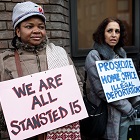
The Stansted 15 faced heavy charges for preventing a flight from deporting migrants from the UK. They avoided jail time, but the practices they protested are still in place.

How did “national liberation” become a rallying cry in what was once the world’s largest empire?

Scandal at Facebook and the Amazon headquarters search charade have prompted renewed calls to break up big tech companies. But we need to go beyond trustbusting to rein in Silicon Valley.

The demand for genuine full employment broadens our imagination of what a federal government committed to caring for its people would look like.
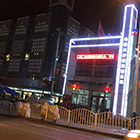
Reeducation camps, mosque monitoring, an extensive network of security checkpoints—these are just a few features of the surveillance apparatus China is developing to police Uyghur Muslims. A report from Xinjiang.

Verizon keeps trying to stop wireless workers from organizing. Instead their union is expanding.
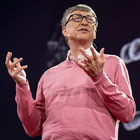
How did the “moral economy”—a concept that once encompassed a radical critique of capitalism—become the province of billionaires?

As many as half of the jobs we do could be considered pointless, estimates anthropologist David Graeber. How did so many of these jobs come to exist, and what does it mean for labor activists?

A new documentary reveals how the right-wing attack on the national, grassroots anti-poverty group ACORN was a dress rehearsal for our current toxic political culture.
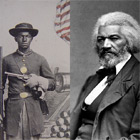
The ratification of the Fourteenth Amendment marked a turning point in U.S. history. Yet 150 years later, its promises remain unfulfilled.
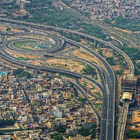
To be human is to shape the world, to create the infrastructure of our common lives. What do we do when that infrastructure becomes a trap?
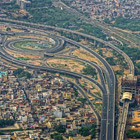
Today’s crises call on humanity to act collectively, but this possibility seems more and more remote. How do we break the cycle? A dialogue.

The Trump administration may have put a hold on separating families. But it is pushing through a range of other measures to keep migrants out—not least women fleeing violence and persecution.

The Janus decision is a significant setback for democracy. What should public-sector workers do now?